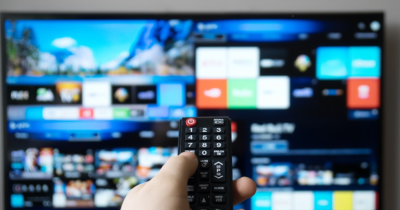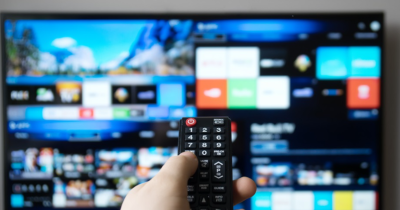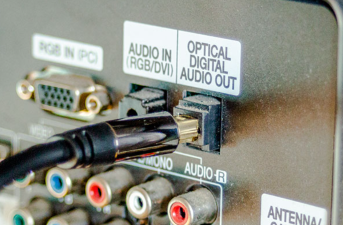
A television is a must-have appliance in every household, and watching TV is a joyous evening for every family. Cable TV has long been the primary means of accessing video programs, but with the widespread adoption of broadband internet, its traditional dominance is under significant threat.
Advantages of Smart TVs
- The word "smart" is added to the front of the TV because it allows for expanded functionality, the installation of various apps, and the ability to receive signals via wired or wireless networks.
- Furthermore, smart TVs offer expanded functionality for fitness, shopping, music, video calls, and wireless screen projection. Fitness is particularly important, as following workout tutorials on TV can not only effectively improve your habits but also your posture.

The Inclusiveness of Smart TVs
Cable TV used to be a must-have in every household, but now broadband has become a necessity. After all, everyone has a mobile phone, constantly clutched to their hand. Coming home at night without WiFi is a real struggle.
Smart TVs offer the ability to download various TV apps, such as TV Home, which offers a wide selection of channels and a choice of resolutions that rival cable TV. With technological advancements, traditional televisions may gradually become obsolete. This is because internet TV and cable broadband are becoming increasingly complex to operate, and fewer and fewer people are paying for them.
However, the popularity and development of smart TVs has changed this situation.
Smart TVs allow users to watch programs through a few apps. If an app has the latest episodes, users can easily catch up on the latest series.
In addition, many popular online movies are only available online and are not available on traditional TVs. Smart TVs surpass traditional TVs in this respect.
Smart TVs not only offer basic viewing functions but also serve as large monitors designed specifically for gaming. For households that use a computer less frequently, smart TVs can directly connect to a computer console, serving as a replacement.
Nostalgic fans can use FC emulators, while trendy types can choose PlayStation and Switch consoles, which connect to smart TVs via HDMI and DisplayPort for a high-definition gaming experience. As long as there is a console gaming market, there will be a market for smart TVs.

Smart TVs have also evolved into large-screen smart displays with touch functionality and the ability to install computer systems (no smart box required), making them a common device in many schools and corporate meeting rooms. At home, smart TVs can also be used as large iPads to improve work efficiency and are easier to operate than projectors.
